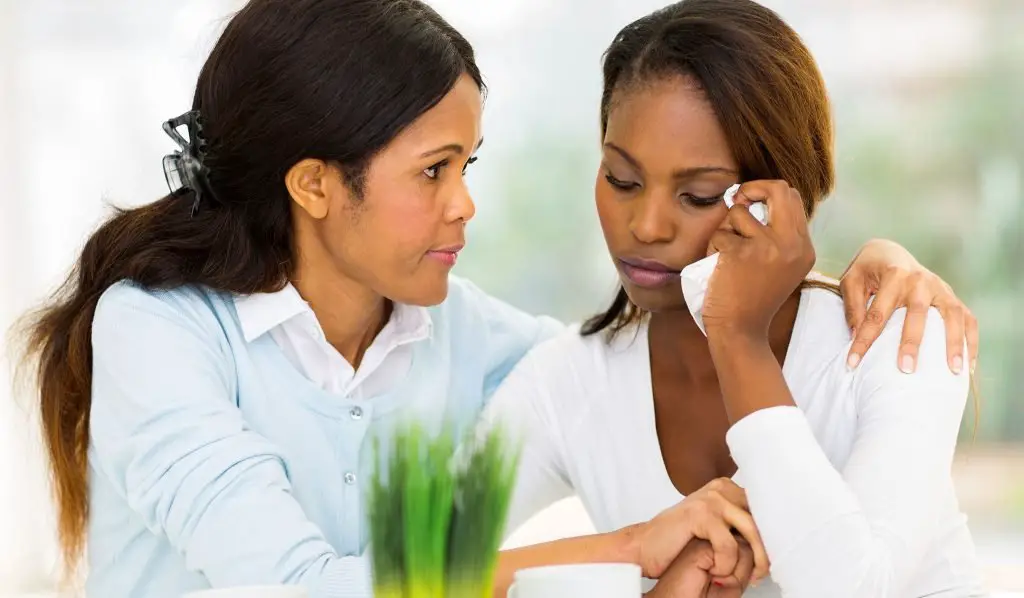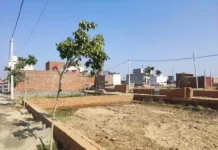Domestic violence is a serious social issue that affects individuals, families, and communities. According to the World Health Organization (WHO), domestic violence refers to any behavior within an intimate relationship that causes physical, psychological, or sexual harm to those involved. It can happen to anyone, regardless of gender, race, age, or socioeconomic status. In many cases, domestic violence is a criminal offense, and it is essential to seek legal assistance from a protection officer. This blog will discuss the role of a protection officer in cases of domestic violence.

A protection officer is an individual who is appointed by the state or the court to provide protection and assistance to victims of domestic violence. Protection officers are often social workers or police officers who have received specialized training in dealing with cases of domestic violence. Their primary role is to help victims of domestic violence seek legal protection, access support services, and find ways to escape the cycle of violence.
One of the critical roles of a protection officer is to ensure that the victim’s safety is protected at all times. They may provide the victim with a safe space to stay, away from the abuser, and help them obtain a protection order or restraining order. A protection order is a court order that prohibits the abuser from contacting the victim or coming near them. If the abuser violates the order, they can be arrested and face criminal charges.
Protection officers also play a vital role in helping victims of domestic violence access support services. This includes providing them with information about available services such as counseling, medical care, and legal assistance. They may also help the victim connect with community resources such as shelters, support groups, and hotlines. These resources can provide victims with the emotional and practical support they need to overcome the trauma of domestic violence.
Another important role of a protection officer is to investigate and gather evidence of domestic violence. Protection officers may work closely with law enforcement to gather evidence that can be used in court. This may include taking photographs of injuries, collecting witness statements, and documenting any evidence of physical or emotional abuse. Protection officers may also help victims obtain medical reports and other evidence that can be used in court to support their cases.
Protection officers may also provide support to victims during court proceedings. This can include accompanying the victim to court, providing emotional support, and helping them understand their legal rights. Protection officers may also provide information to the court about the victim’s situation, such as the level of risk they face, any children involved, and any other relevant information.
In cases where children are involved, protection officers play a crucial role in ensuring their safety and well-being. They may work with child welfare services to ensure that children are protected from harm and that their needs are being met. Protection officers may also provide counseling and support to children who have witnessed domestic violence, helping them to process their emotions and develop coping strategies.
In some cases, protection officers may also work with the abuser to help them change their behavior. This may include providing counseling and support to the abuser, helping them understand the impact of their behavior on others, and encouraging them to seek help for their own issues. While the primary focus of a protection officer is on helping victims, they may also play a role in preventing future incidents of domestic violence by working with the abuser to address the underlying issues that contribute to their behavior.
In conclusion, domestic violence is a serious social issue that requires the intervention of protection officers. Protection officers play a crucial role in helping victims of domestic violence seek legal protection, access support services, and find ways to escape the cycle of violence. They also play a vital role in investigating and gathering evidence of domestic violence, providing support to victims during court proceedings, and ensuring the safety and well-being of children involved in these cases. Protection officers have a challenging but rewarding role in helping to reduce the incidence of Domestic Violence. For more information kindly contact Advocate Neha Batra










